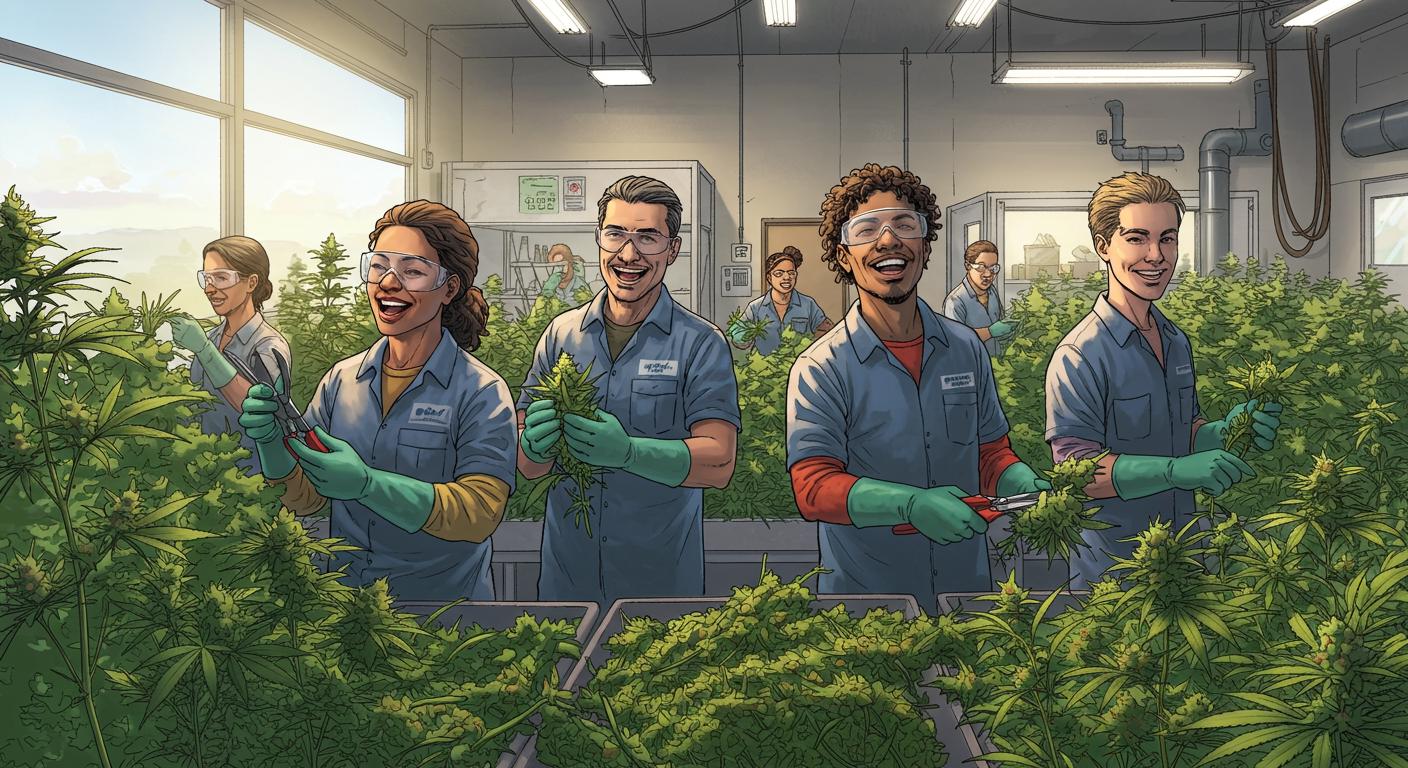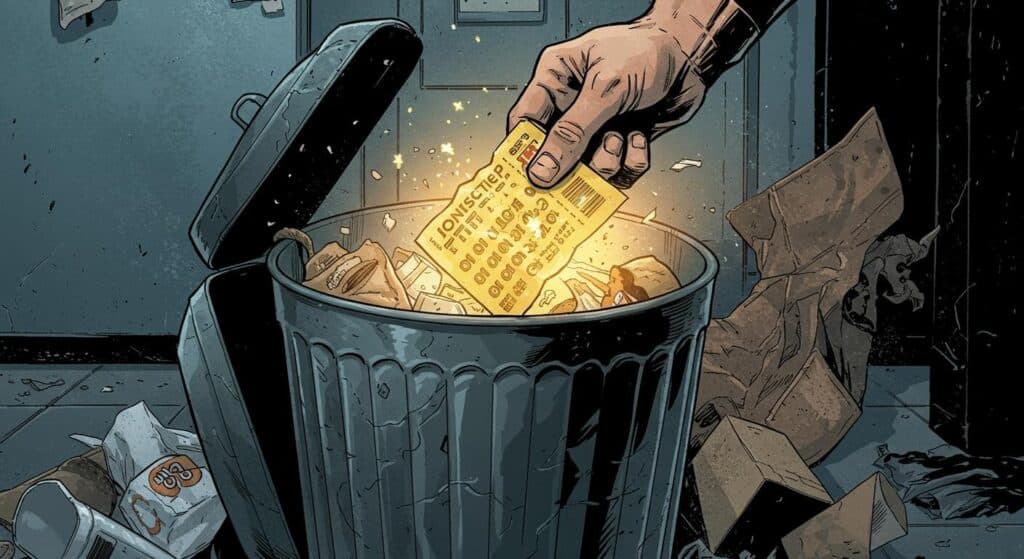File this under: Not entirely what you’d predict, but upon further inspection, perhaps not so surprising after all. Findings detailed by Marijuana Moment indicate that hourly workers in the marijuana sector now represent the happiest employee group among ten major U.S. industries. That’s straight from the freshly published 2025 Shift Pulse Report, compiled by workforce management outfit Deputy—whose vast dataset covers more than 1.5 million responses from American shift workers.
Puff, Puff, Pass the Positivity
According to Deputy’s survey analysis, as highlighted by Marijuana Moment, nearly 92% of hourly workers in cannabis (along with tobacco and e-cigarette retail) expressed “positive sentiment” about their jobs. In a detail that might raise an eyebrow (and possibly lower a dental drill), catering industry workers followed closely at 91% satisfaction, with both cafes and dentistry standing at 90%. The numbers trail off from there—gyms at 89%, firearms retail at 87%, traditional sit-down restaurants at 86%, cleaning services at 84%, and childcare at 83%, all according to the report’s findings as described in Marijuana Moment.
Now, picturing cannabis purveyors reporting greater day-to-day happiness than, say, a room full of cheerful gym trainers or dental assistants elicits a certain curiosity. Perhaps it’s a testament to the unexpected perks of working with sativa and indica rather than sit-ups or bicuspids.
The Roots of Job Satisfaction
Deputy’s report, as summarized by Marijuana Moment, speculates that the relative youth and rapid expansion in the cannabis industry have fostered particularly competitive wages and a focus on cultivating a strong workplace culture. Newer, highly regulated industries—especially those still side-eyeing federal prohibitions—seem to prioritize retention and morale in ways more established sectors sometimes overlook. This finding comes despite the fact that many in the cannabis business must contend with challenges most hourly workforces never encounter: persistent federal illegality, limited access to banking services that keeps operations cash-heavy (and, by extension, more robbery-prone), and an ever-changing legal maze at the state and local level.
The report, quoted by Marijuana Moment, posits that factors like “purpose, predictability, and a sense of control over one’s workday matter just as much—if not more—than prestige or pay alone.” Apparently, that elusive “weed shop team spirit” comes with dividends. Whether rounding up loose change or navigating the green labyrinth of compliance, there’s evidence here of a distinctive camaraderie—one that might not be found in the fluorescent halls of chain pharmacies.
Happy… But Not Everywhere
On the decidedly gloomier end of Deputy’s findings, as noted by Marijuana Moment, sectors such as pharmaceuticals and delivery/postal services sit at just 14% positive sentiment. Other industries languishing in the “least happy” category include animal health, doctor’s offices, outpatient care, and some hospitality services. These more traditional or bureaucratically entrenched fields, despite their supposed prestige or stability, appear to be struggling on the staff morale front.
The outlet also points out that the report identifies sharp divides in worker happiness across the U.S.—attributing them not just to regional economics, but also to industry culture and local attitudes about work. Deputy’s conclusion, as described in Marijuana Moment, cautions that any policy aimed at boosting job satisfaction needs to take such local realities into account; there’s no single fix that works for every state or sector.
The Legal Landscape: Still Shifting
While cannabis sector employees report standout feelings of workplace contentment, that doesn’t mean their environment is free from labor disputes or legal hiccups. Marijuana Moment recounts how some states, including Oregon, have tried to mandate labor peace agreements—ensuring that marijuana employers stay neutral as their workers unionize. Recently, though, a federal judge struck down Oregon’s voter-approved law requiring such agreements, leaving the issue unsettled and the future for those arrangements just as hazy as ever.
Final Reflection: A Greenhouse for Happiness?
So, why are so many cannabis workers riding high on job satisfaction? Is it the “weird, federally gray boat” effect? A sense of cultural mission, or just the congenital oddity of a newly legal business? There’s something distinctly curious about a workforce thriving under constant legal ambiguity and cash-handling headaches, all while outperforming the likes of childcare and dentistry on happiness metrics.
Whether this collective cheerfulness persists as the industry matures—or if the shine rubs off as cannabis regulation becomes as unremarkable as selling soda—remains to be seen. For now, the evidence suggests that, when it comes to job satisfaction, the cannabis shop is still a cut above. And who knows? Perhaps it’s just another reminder that, sometimes, the happiest places to work aren’t what you’d expect.







